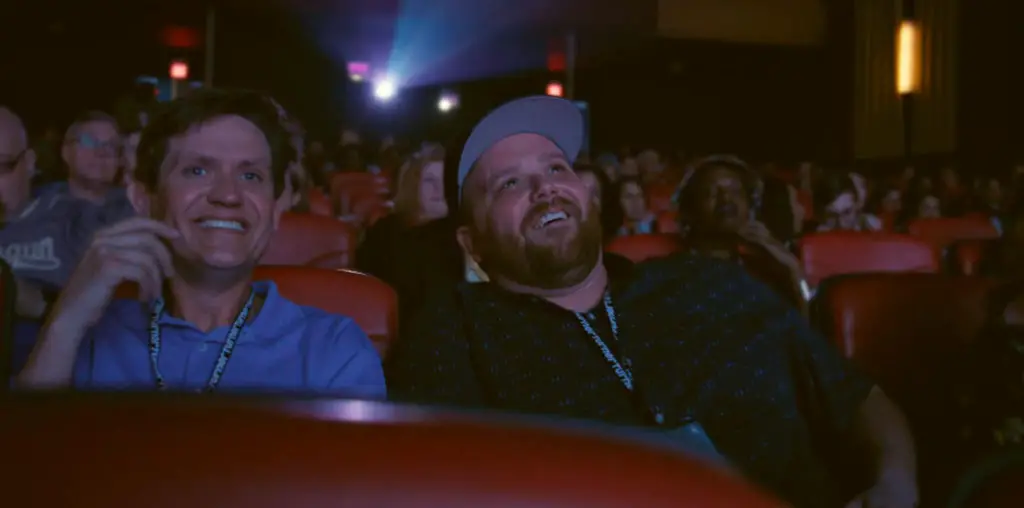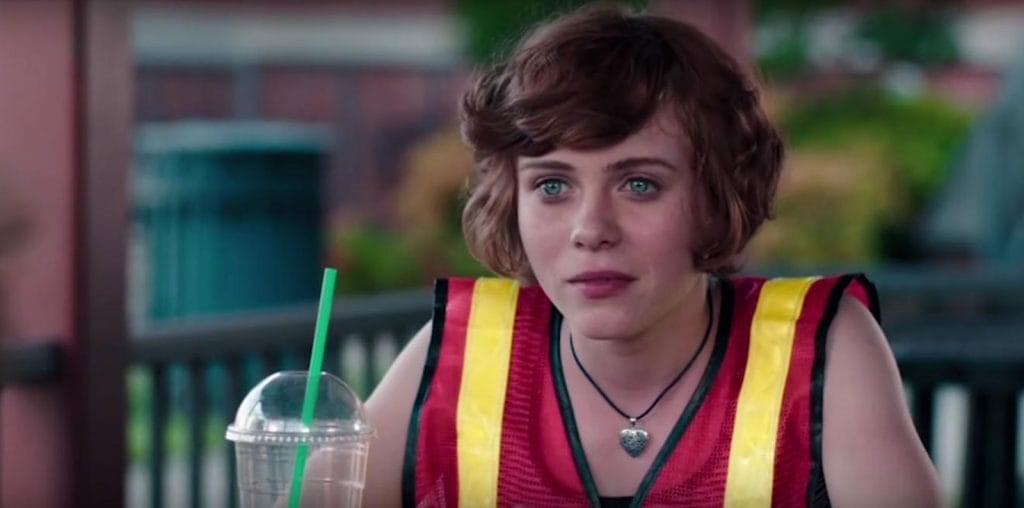
Masaki Kobayashi’s “Harakiri” is, as historian Donald Ritchie says in his introduction, an anti-samurai film. Unlike Kurosawa’s great samurai films, “Harakiri” is only loosely a samurai movie; it is, in reality, a scathing assault on the mentality that glorifies death as honor and murder as righteousness.
Following a brutal civil war in feudal Japan, the victorious Tokugawa Shogunate caused thousands of samurai to become wandering shogun. Without masters, these servants often became desolate, disillusioned, and some resorted to seppuku, or harakiri, the honorable art of taking ones life.
When one of the Shogun, Hanshiro Tsugumo, appears on the doorstep of a local precept asking for permission to use his courtyard to perform harakiri, the honor code is suddenly put to a test. In a time of poverty stricken samurai, it has become common practice for masterless samurai to appear on doorsteps and threaten seppuku unless they’re paid to leave without shedding their own blood.
The acting here is superb, most notably Tatsuya Nakadai’s performance. Nakadai, best known for his performance as the lead in Akira Kurosawa’s “Ran,” commands an onscreen presence seen by few actors. He maintains a coolness that masks an indefatigable rage that could penetrate the surface at any moment, but it is his humanity that demands his respect and attention. Tsugumo is an iconic figure, one who represents the samurai creed that he so rails against; he is violent, intense, and, above all, a moralist.
When Hanshiro Tsugumo lands on the doorstep of commissioner’s office and asks to use their courtyard so he can commit harakiri, the commissioner doesn’t believe him. Through a series of flashbacks, we learn a previous Ronin approached him and asked to use his courtyard. This Ronin, Motome Chijiwa, has ulterior motives that aren’t realized until it is learned that the swords he brought to commit seppuku with are made of bamboo. Even though he has attempted to create an egregious and dishonorable act, he is forced to go through with the suicide. And the scene is one of the most graphic and intense displays of violence one is likely to encounter in any motion picture—past, present, or future.
Once this harrowing scene plays out, we cut back to Tsugumo, who has assured the commissioner and his advisors that he is not there to swindle them out of money. He is there to kill himself, and nothing more. Trouble ensues, however, when he is asked to pick his second—a samurai enlisted to cut off his head once he’s disemboweled himself. Having named three seconds, he learns that they are all unavailable. While he waits for word on their whereabouts, he begins to tell a story, one that reveals his true intentions; a story filled with consequences that will forever tarnish the samurai code and the idea of death as honor.
“Harakiri” plays through a combination of flashbacks and present day—17th century—narratives. Like “Citizen Kane” and “Roshomon” before it, “Harakiri” employs its flashbacks to further the plot, as well as the characters, and it never feels like a gimmick. It is, in the eyes of Kobayashi and screenwriter Shinobu Hashimoto, the man who gave us the script for Kurosawa’s legendary “Seven Samurai,” a legitimate narrative technique that, as most writers and directors, according to Hashimoto, despise. What is interesting about the flashbacks here is that they’re so absorbing that, not only could they be the basis for a fascinating drama independent of “Harakiri,” but they manage to sustain themselves as well as the through storyline.
Criterion, as can be expected, has presented Masaki Kobayashi’s masterpiece in a beautiful transfer. Included in the 2-disc set are interviews of Kobayashi, screenwriter Shinobu Hashimoto, and star Tatsuya Nakadai. While none of the interview segments are long, it’s quality that we’re concerned with here, and these three separate interviews deliver wonderful anecdotes and, most importantly, insight into Japanese films in the 50’s and 60’s.
All in all “Harakiri” ranks as one of the all time great samurai films. It is an intense, political film and a harrowing drama. It should belong in every film buff’s DVD collection.

